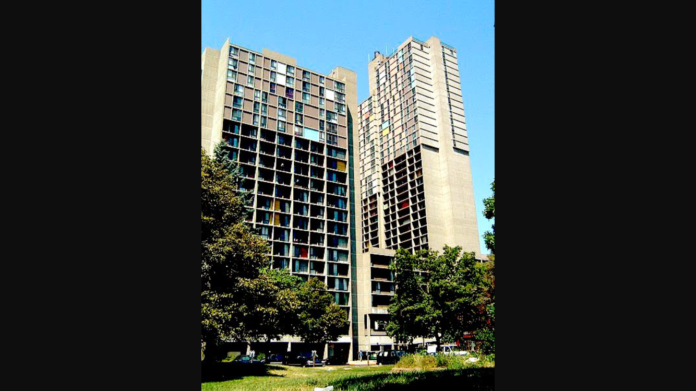According to the Minneapolis Star Tribune, The Minneapolis Public Housing Authority approved the return to a previous policy of collecting minimal rent from tenants during extended absences.
Residents of public housing will no longer need to pay their monthly rent when they travel abroad for extended periods of time. This change was particularly sought by East African immigrants, whose income is impacted when they travel abroad for several weeks or months. The change is expected to take place by the end of the year once it is approved by federal housing officials.
Ann Corcoran of “Refugee Resettlement Watch” wrote a blog post on this new policy, saying “So how persecuted and fearful of returning home are they if many travel back and forth to Africa and the taxpayers of Minneapolis cover most of their rent while they are gone!”
Minneapolis City Council member Abdi Warsame said that the policy is especially hard on elderly immigrants. Warsame, said that older people in the community have to save for long periods of time if they wish to visit their homelands and that Federal Supplemental Security Income is halted once the recipient is out of the United States.
The policy required people to keep paying rent even if they were out of the country. If travelers were to be out of the country for 30 to 90 days, they could apply for a hardship – paying a minimum $75 monthly rent during their absence, but then they were required to make up the difference between that amount and their normal rent over the next year or so.
The new change requires that residents will pay only the $75 minimum per month, if they apply for hardship status.
The Star Tribune reports that approximately 50 to 75 public housing residents leave for extended periods of time each year according to Mary Boler, an agency manager. Boler said that the cost of the change will be less than $50,000. The agency says that paperwork burden of tracking repayment was higher than expected. With long waiting lists for public housing, the agency takes steps to terminate a lease after a maximum absence of 90 days. “That’s a long time for the asset to be kept empty.” Boler told the Star Tribune.
Warsame said that this matter was brought up over and over again in every building that was visited in his ward. He said that people were afraid to leave the country because of this policy. Warsame said reasons for extended travel include visiting family members who remained in Africa or participating in the pilgrimage to Mecca called the Hajj. Corcoran’s blog points out that Hajj is only 4 days, and not 30-90 days and questions the fact that if they have money to travel to Africa, can they really apply for hardship status.














